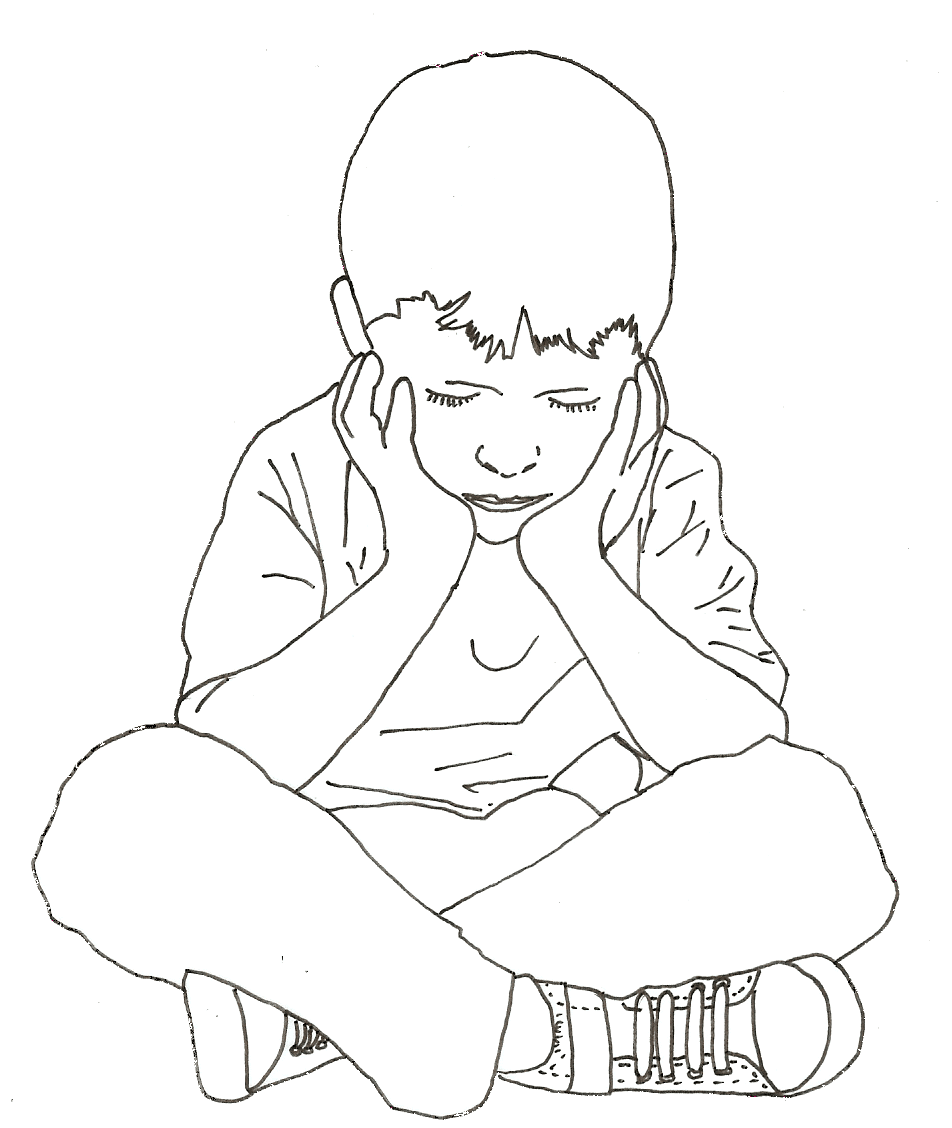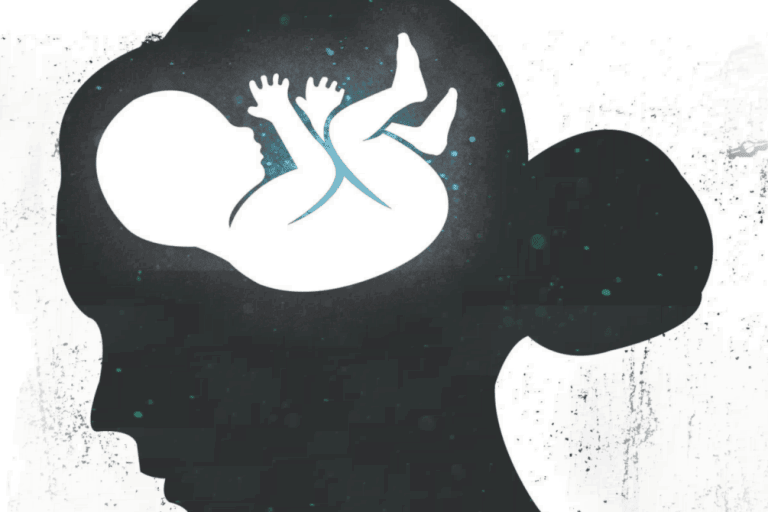Complex Post Traumatic Stress Disorder
Recovery Direct provides comprehensive therapeutic care for individuals suffering from complex post traumatic stress disorder and associated conditions including eating disorders, gambling, sex, depression and anxiety related issues.
Very few traumatic experiences can be dismissed as uncomplicated. It is often erroneously assumed that a trauma response was caused by a singular occurrence, or by narrowly defined recent circumstances, and that resolving the emotional impact should be a fairly straightforward process. Unfortunately, it is not as simple as it seems, as trauma can also involve obscure complexities from the past and elusive dynamics that can last well into the future.
Apart from immediate physical or emotional violations sustained during a recent event, there are often other ongoing influences, such as judicial implications, reputational harm, fear of further victimisation, enforced lifestyle changes, delayed or suppressed reactions, and numerous other consequences. Each of the extended problems represents additional and divergent mental vexations that infringe for protracted periods of time.
Victims can also be influenced by past traumatic exposures. They may have rebounded from previous incidents, but a single new event can suddenly emerge as an unassailable obstacle. The events of the past may seem irrelevant to the current incident, but the addition of the new event can revive dormant, left-over emotions that subconsciously compound the effect, triggering an abnormal response in relation to the severity of the current event.

Trauma victims may also be dissociative, or evasive of lingering emotional links to past abuses, and be preoccupied with details of the latest incident only. However, due to the accumulated burden of past abuse, the latest incident can simply be the straw that finally broke a victim’s resolve and spiraled them into full-blown complex post-traumatic stress disorder.
Complex trauma and childhood abuse
Complex post-traumatic disorder often emerges from anguish experienced as a result of recurrent childhood abuse and neglect, known as developmental trauma. Victims tend to be unaware of the full range and depth of the mental legacy of early-life trauma. They may assume that these are unavoidable character traits and resolve to live with it.
In childhood, abuse and neglect establish stray neural pathways and pathological dysfunctions. Initially, children and adolescents feel unprotected, helpless, hopeless, angry, sad and anxious. Eventually they adopt their own maladaptations to cope with life. Ultimately, a host of mental reflexes can be fused into their minds and culminate in CPTSD.
CPTSD influences the way child abuse victims feel and behave as adults and when they are subjected to a traumatic event in adulthood, they are already exceptionally vulnerable and can react abnormally. They require advanced trauma resolution techniques which are far more complex than standard trauma treatment protocols.
The shift from normal anguish to CPTSD
Most people can absorb a reasonable degree of anguish when subjected to random hardship and distress, without developing CPTSD. However, the formation of CPTSD is possible after any severe, persistent or repetitive events that exceed a person’s own perceived norms of sustainable endurance.
In some cases trauma victims recover, albeit after an uncomfortable stretch of time, but people differ and some are naturally more susceptible to permanent symptoms of complex post-traumatic stress disorder after absorbing shocking events.
In the normal course of modern life, events can become overwhelmingly demanding, intrusive and even chaotic. Frequent exposure to frustration and anguish is commonplace and can lead to a stealthy decline in a person’s resistance to actions that result in CPTSD.
Conditions conducive to CPTSD include:
- Man-made disasters.
- Natural catastrophies.
- Rape or violent assault.
- Horrific traffic accidents.
- Loss of an adored person.
- High crime environments.
- Critical medical conditions.
- Ongoing abuse and neglect.
- Dysfunctional parental homes.
- Frequent observations of tragedy.
- A low ceiling of emotional sensitivity.
Children and adolescents are especially vulnerable to CPTSD, due to a lack of resources to comprehend or control decisive crises and the fact that their brains are still in a critical developmental phase.
CPTSD is a very intricate disorder and its onset is often misinterpreted by victims or diagnosed as a less severe disorder due to misinformation. It can be veiled by any of the numerous comorbidities that usually accompany it, or by intense focus on a single recent event. When a misdiagnosis is made, patients can be frustrated and the condition can deteriorate further.
The complexity of healing multiple traumas
CPTSD involves a multitude of extremely complex influences and interactions. Psychotherapists require intensive training and experience to identify a patient’s shifting associations of different emotions with different events and comorbidities at different times. This elevates the required competency to diagnose, untangle and treat CPTSD to an inordinately high level of professionalism. However, a suitable facility can successfully heal CPTSD.
Please note: Recovery Direct rehab site is not intended to advise on mental health issues. Health-related information and advice provided on our media platforms are generalised for a broad public audience. You are requested to consult a suitable health professional for personal advice applicable to your specific personal condition or circumstances.











